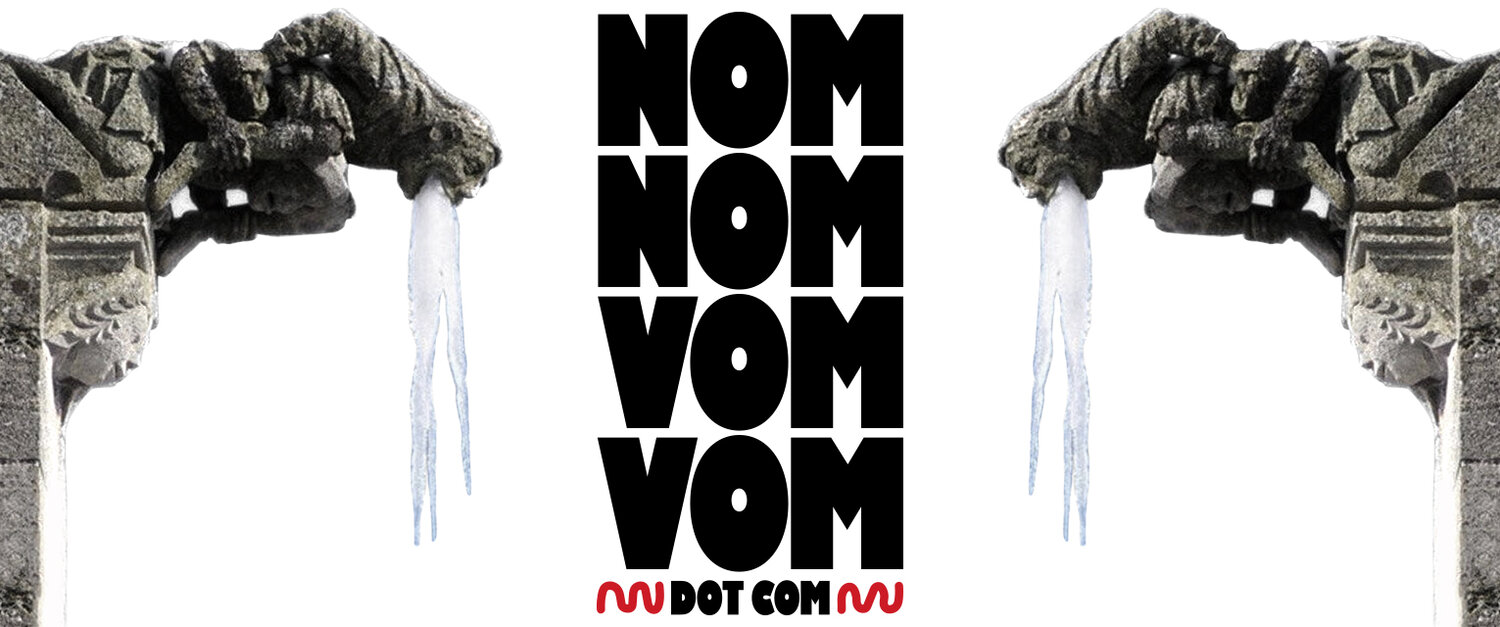On not using soap
Re: cast iron, does that mean we don’t actually need to use soap on any pots or pans (if we scrub off any debris)?
Think of soap like double-sided tape, except one side only sticks to water and one side only sticks to oil. When you suds up a pan, the oil-lovin’ side clings to the greasy debris. Then, when you rinse water on it, the water-lovin’ side of the soap clings to the water and the whole bundle of filth detaches from your pan and goes down the drain.
Under a microscope you can see that soap mechanically clings to grime
It’s possible to clean dishes without soap but it’s hard to know whether you got everything off. Does it actually matter?
Yes and no. Heat eliminates most food safety concerns, but I’ll mention two hazards which may persist in a soapless kitchen:
Allergens: No amount of stovetop heat will destroy the proteins that trigger food allergies (e.g. nuts, shellfish, milk). You have to physically remove those particles by washing the pan really well until every particle is removed. Even a really small amount of an allergen can trigger a reaction in a sensitive eater.
For those anti-soap Luddites in the crowd, you could use an entirely different set of dishes to prepare non-allergen-containing foods, but this is pretty easy to screw up and you might end up dropping one of your BFFs in the process. Worth it?Toxins: Some bacteria produce toxins which can cause acute poisoning in humans. The same logic applies here as above: toxins aren’t alive, so you can’t kill them with heat. But soap will remove them.
Final take? If you’re thinking about pursuing a soapless policy for your fleet of fry pans, you have my endorsement — but be mindful of allergens.
Outside of that, I wouldn’t pursue soapless policies with any other kitchenwares.
+++++

